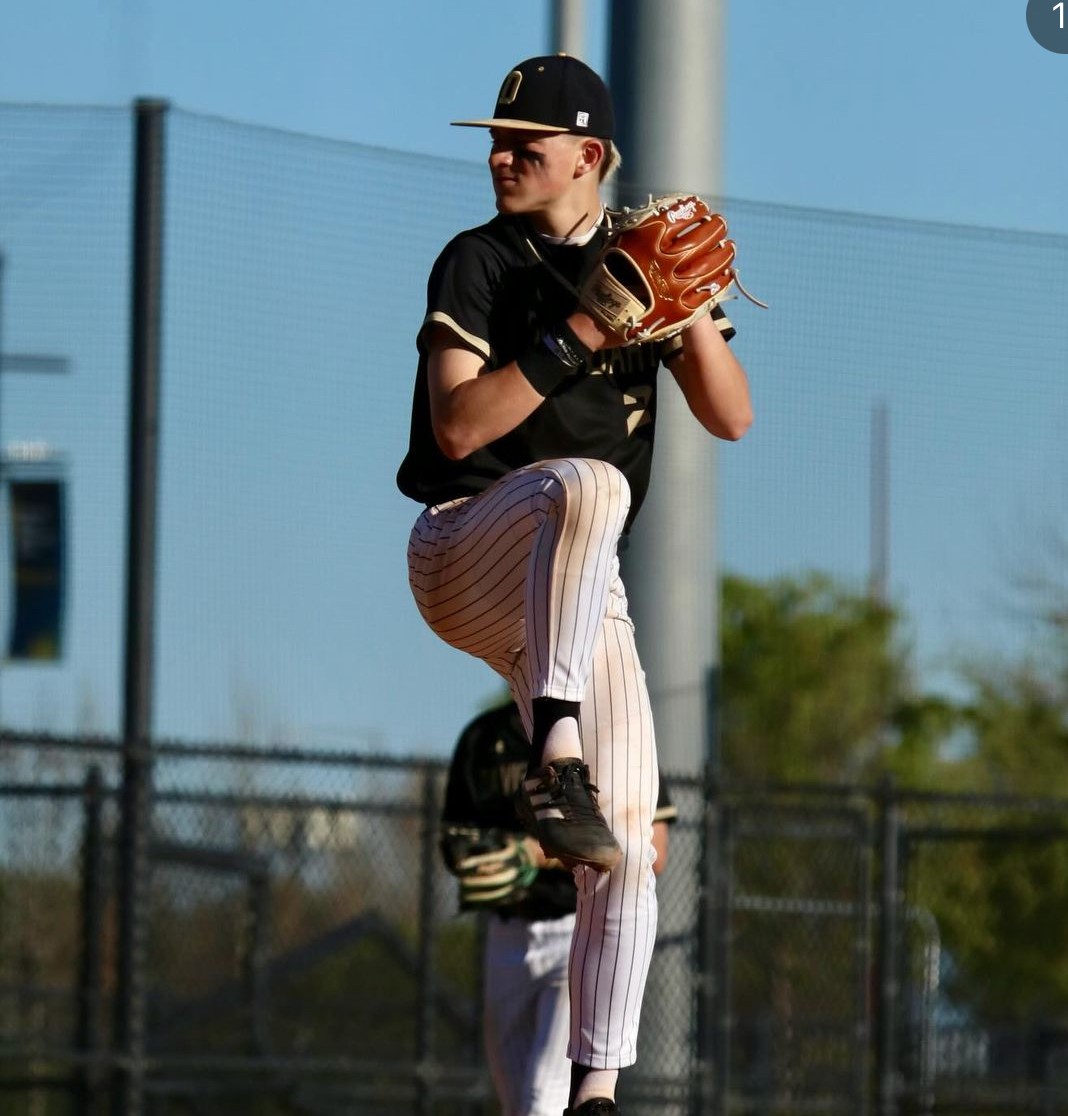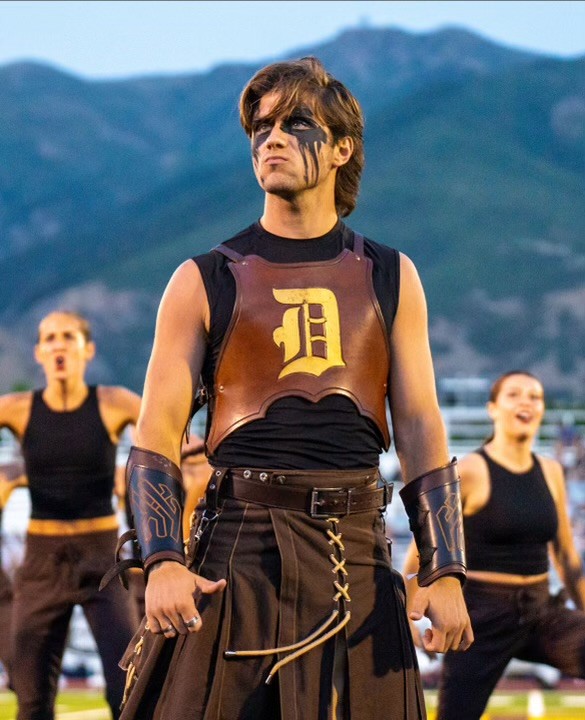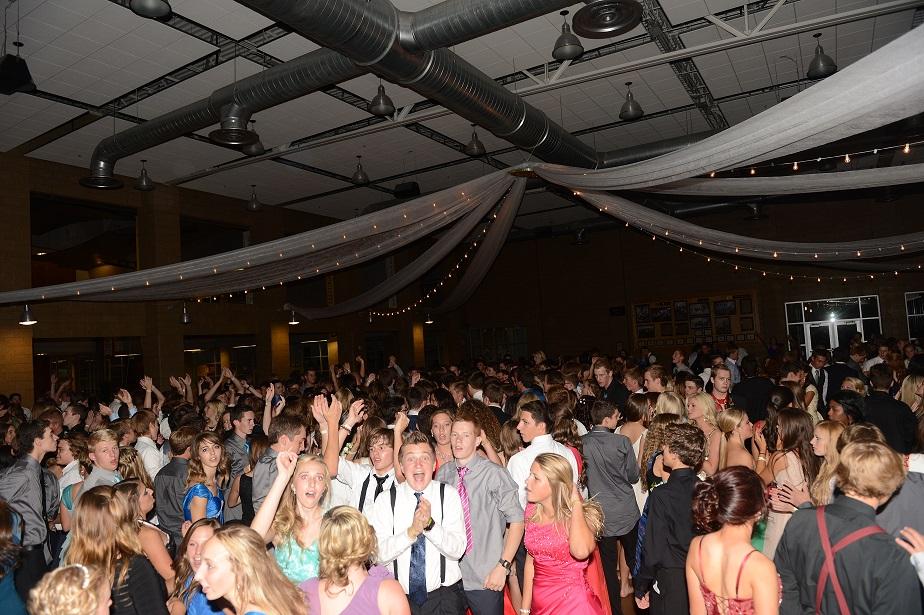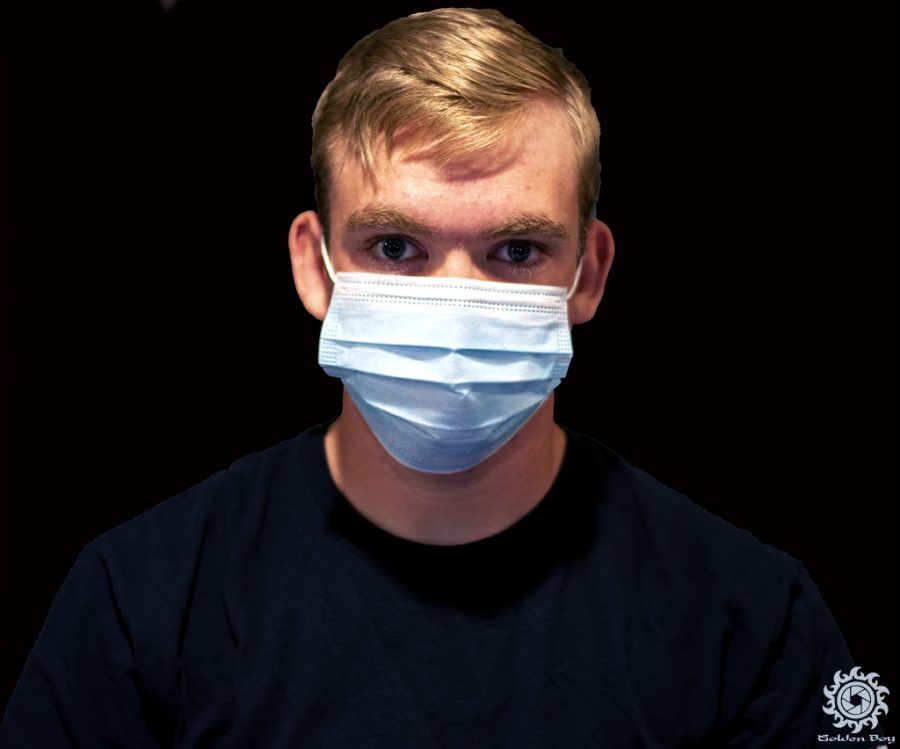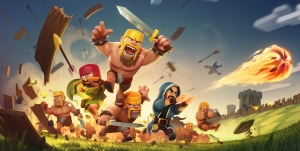Behind the Mask
December 14, 2020
Imagine this. Teenagers are walking into their classes, the halls of the schools are buzzing with the latest gossip, you hear someone yell your name, so you turn to say hello. The bell rings and students file into their classes but the talking does not stop, and the teachers are trying to get their students to be quiet and pay attention.
This is the regular school day we all know, but this year is different. On March 13, 2020, Davis high school was shut down and the requirements for wearing a mask were put into place, we were told to not go to any social event, to stay away from others in fear of being infected, and to stay indoors as much as possible.
Then in August of 2020, school started again. Students could finally socialize again, they could be in clubs, and they could have fun. But something had changed, students began to avoid each other, teachers are forcing kids to talk rather than begging them to be quiet instead. Why is that? How did students go from being social to this level of antisocialism in a matter of a few months? I believe it is the masks.
Masks affect the psychology of us as humans more than we know. The number one complaint of being forced to wear a mask is “they are hard to breathe in”, so of course we aren’t going to talk every chance we get when we can barely breathe in them in the first place, this complaint has gone so far that the teachers have been given a face shield instead of a mask for when they lecture.
Renowned therapist David Christensen says, “Since the COVID-19 virus started to affect our lives, I have noticed that people have become less social, I believe that our masks have become muzzles”.
Ashton Johnson, a student at Davis High, says “Masks have subconsciously taught us to not only stay away from others but to fear being around them because of the virus. I understand why we should wear masks, but it restricts us in so many more ways than we understand”.
As a student, I wondered how this antisocialism could be changed, and so as a journalist I conducted an experiment, I went out and interviewed 10 students about their lives and how they have been affected this year. For the interview, we went to a secluded spot and stat six feet apart, with both our masks on I asked easy questions that got more personal as we went, every response I had got were short answers as if the students just wanted to get this interview over with.
About halfway through the interview I took my mask off and said they could do the same. Most of the students were surprised when I told them they could take off their masks, but all the students happily did so. I then went on with the interview, but the questions I asked this time were actually the same questions but asked in a different way so that the students could not tell it was the same question, the answers this time weren’t short, the answers actually became personal and for a few students, their answers became emotional.
Two of the interviews I conducted ended up being twice as long as I had planned on it being, even though both sets of questions I had asked were extremely similar. I then realized as David Christensen had, the masks we wear have become our muzzles.





